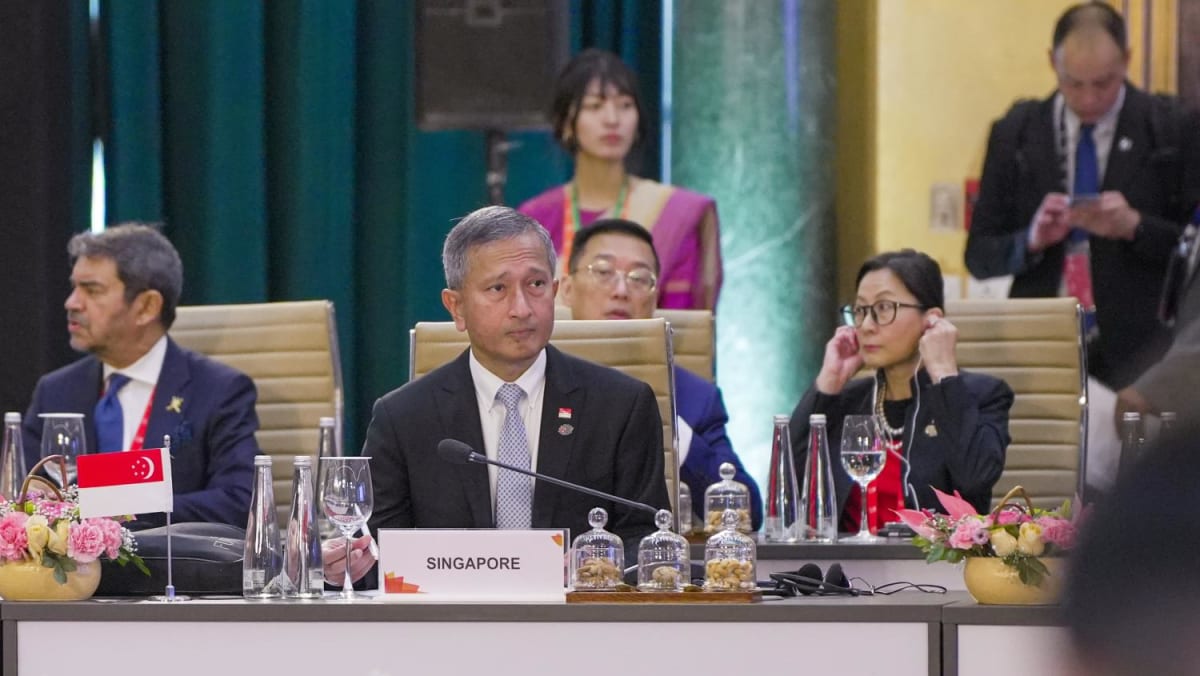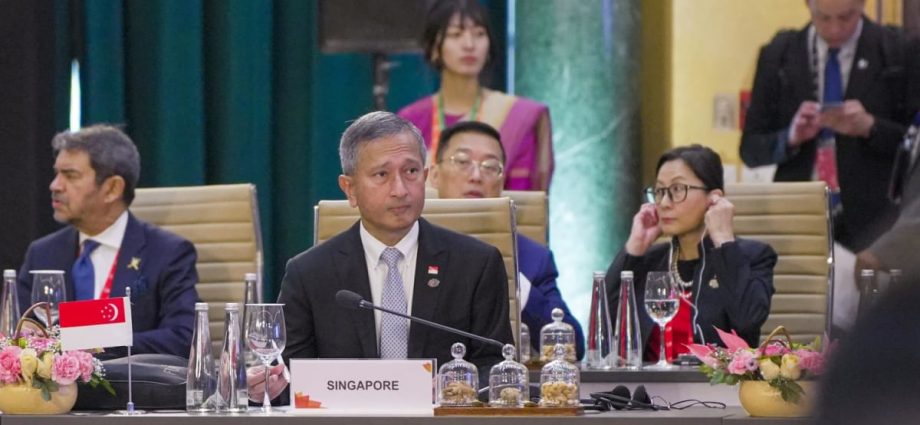
TERRORISM, SELF-RADICALISATION A THREAT
At the G20 meeting, Dr Vivian Balakrishnan also touched on other transboundary issues threatening Singapore’s security, such as illegal drugs and terrorism.
“Some of you may be aware that Singapore has one of the strictest laws, the harshest penalties for illegal drugs. Drugs are a national security, public health and law and order challenge. It reinforces our determination to continue on this path in order to keep our societies safe,” he said.
On the topic of terrorism, Dr Balakrishnan noted that even a modern and tiny city state like Singapore has its own share of self-radicalised individuals, typically young men. “They do not need to travel to become radicalised; they surf the internet,” he added.
The Internal Security Department said last month that two self-radicalised Singaporean teenagers, aged 15 and 16, were detained under the Internal Security Act (ISA) for terrorism-related activities. Another 18-year-old was also detained under the ISA.
“We need to remain vigilant to the fact that terrorist groups are using the Internet to disseminate highly polished propaganda which quite effectively radicalises young people. This is turn, can lead to lone-wolf attacks, communication with overseas cells and recruitment internationally,” said Dr Balakrishnan.
He said the real danger from terrorism is not just the innate damage, physical damage, or loss of lives, but the “loss of cohesion and social compact” it can cause within society.
“We do need to work closely together to share intelligence and work effectively. This is another example of a transboundary threat which requires a collective approach.”

